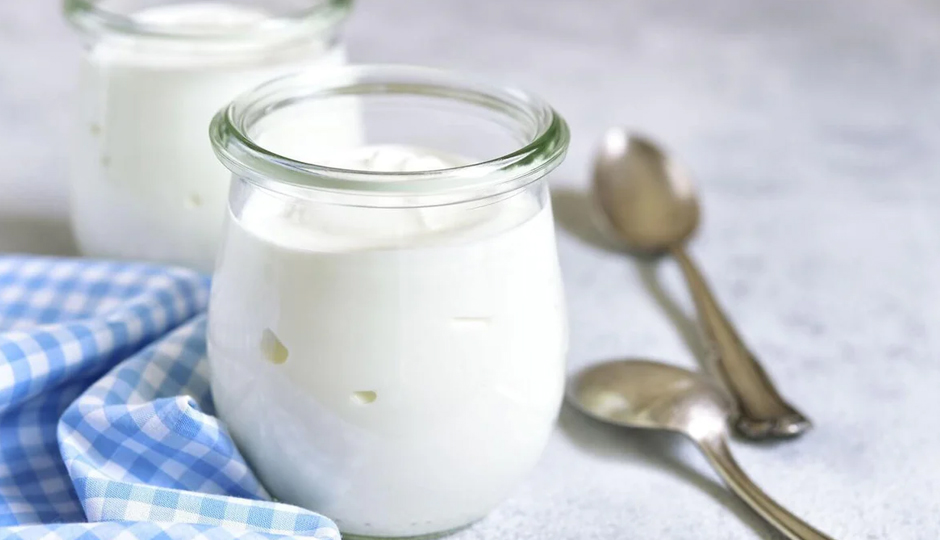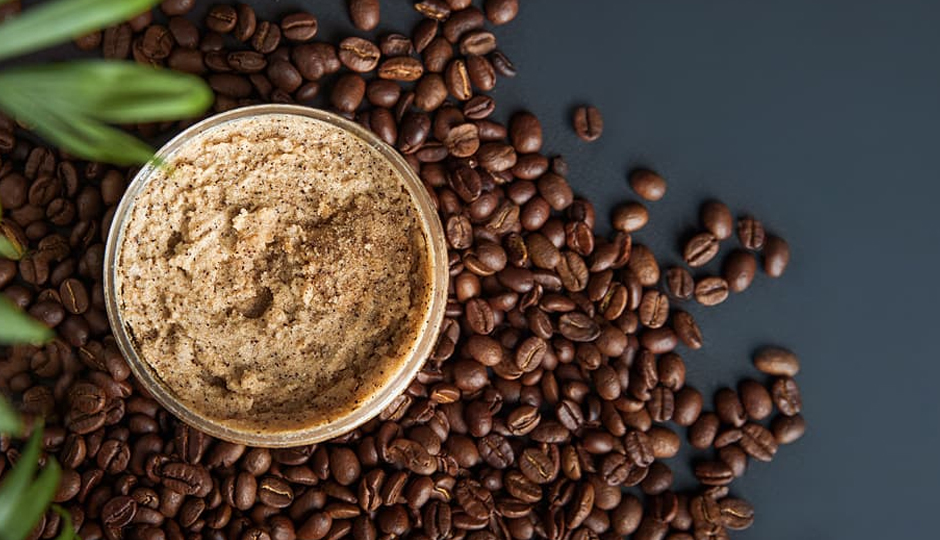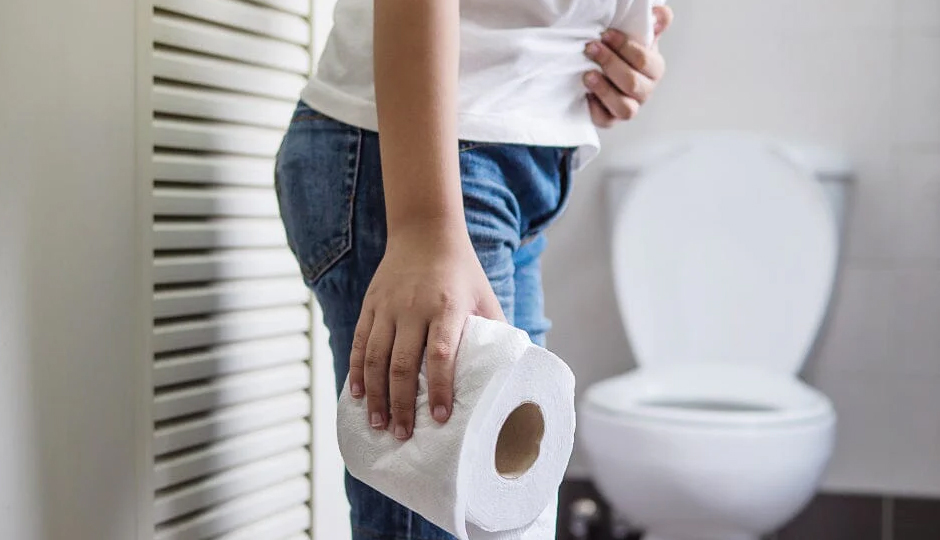- Home›
- Healthy Living›
- 10 Most Common Stoma Issues And Complications
10 Most Common Stoma Issues And Complications
By: Priyanka Maheshwari Sun, 04 Feb 2024 2:55:33
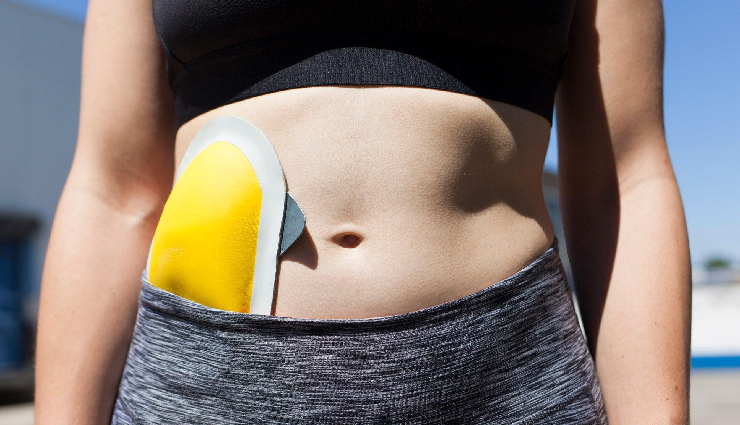
Living with an ostomy can introduce numerous adjustments, and occasionally, one may encounter issues and complications related to the stoma. While this might initially evoke apprehension, the majority of these challenges are minor and can be easily addressed or avoided. To enhance your understanding of stoma care and recognize when to seek medical advice, explore the following prevalent stoma issues and complications.
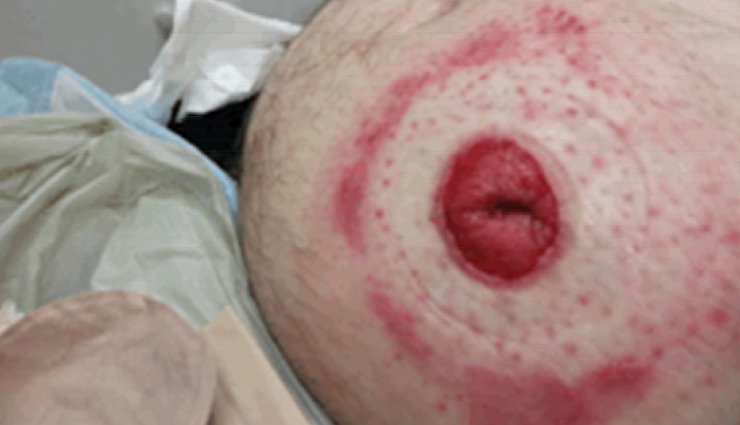
Understanding a Stoma:
A stoma is a surgically crafted opening on the abdomen resulting from ostomy surgery. It establishes a connection to the internal organ affected during the ostomy procedure, which could involve the bowel or a segment of the urinary tract. In the case of colostomy and ileostomy, a portion of the bowel links to the stoma, whereas a urostomy connects to the urinary tract. The stoma facilitates the elimination of waste products, such as fecal matter or urine, from the body when the natural route is impaired or non-functional. For temporary ostomies, the bowel or urinary tract will be reattached, and the stoma closed. For permanent ostomies, ongoing stoma care becomes a lifelong necessity.
While various reasons may necessitate an ostomy, the surgery is deemed a life-saving intervention. If adjusting to your ostomy proves challenging, consider joining an ostomy support group. Locate one in your vicinity by referring to the list of support groups affiliated with The United Ostomy Associations of America (UOAA).
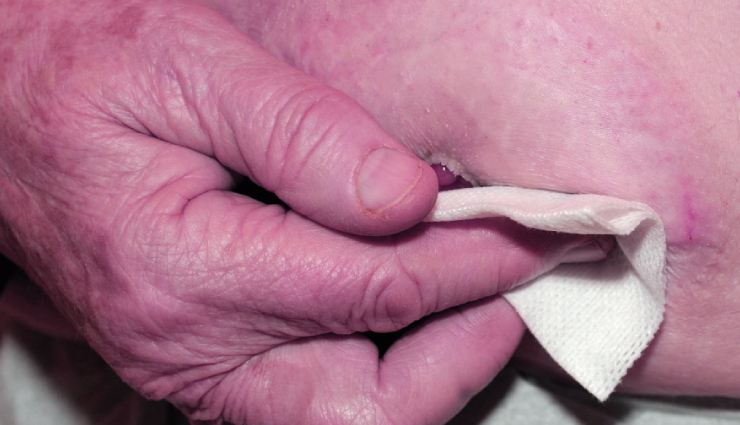
# Peristomal Skin Irritation:
Peristomal skin irritation stands out as one of the most prevalent issues faced by ostomates. Despite diligent care, it is not uncommon to encounter some level of irritation during one's life as an ostomate. The key lies in recognizing damaged peristomal skin, understanding the causes, and adopting proper care measures. Typically, peristomal skin irritation can be attributed to four main causes:
a. Inadequate Peristomal Skin Care:
Ensuring proper care for peristomal skin is crucial in your daily routine. However, given the sensitivity of peristomal skin, harsh soaps or fragrant cleansers should be avoided. Instead, a gentle rinse with warm water is recommended. If soap is necessary, opt for a mild, unscented variety, and consult your doctor or ostomy nurse for additional peristomal skin care guidance.
b. Output Contact with Skin:
Colostomy patients may experience pancaking, leading to output adherence to the top of the ostomy bag. This can cause the pouch to lift, resulting in contact between the output and the skin. Increased contact can intensify peristomal skin irritation. If any issues arise with your ostomy bag, promptly consult your doctor or ostomy nurse.
c. Ill-Fitting Ostomy Bag:
Selecting the appropriate size of the ostomy bag is crucial for comfort and peristomal skin health. An improperly sized bag can lead to gaps causing leakage and irritation if too large or cutting into the stoma, causing abrasions if too small. Your doctor can guide you in sizing your stoma correctly for the right fit.
d. Allergies:
Some ostomates may discover allergies to specific ostomy bag materials, resulting in a rash on the skin in contact with the wafer or skin barrier. If an allergic reaction occurs, notify your doctor to explore alternative ostomy pouch options that do not irritate peristomal skin.
# Stoma Bleeding:
While some stoma bleeding is normal in the initial weeks post-ostomy surgery, especially during cleaning, it should decrease as the body adjusts. Minor traces of blood during cleaning are generally normal. However, if bleeding occurs inside the stoma, contacting your doctor or ostomy nurse is crucial, as it may indicate intestinal bleeding, requiring prompt medical attention for a proper diagnosis.
# Stoma Infection:
Stoma infections can arise when bacteria or pathogens enter the stoma site. Although more common immediately after surgery, maintaining proper hygiene and regular peristomal skin cleaning can minimize infection risk. If redness, swelling, warmth, or discharge occurs, seek medical attention for diagnosis and treatment.
# Stenosis:
Stenosis involves the narrowing of the stoma over time, resulting in a tight opening. This may lead to difficulty in waste passage, potentially causing bowel obstructions and discomfort. Depending on severity, your doctor may recommend stoma dilation or revision surgery to address the issue.
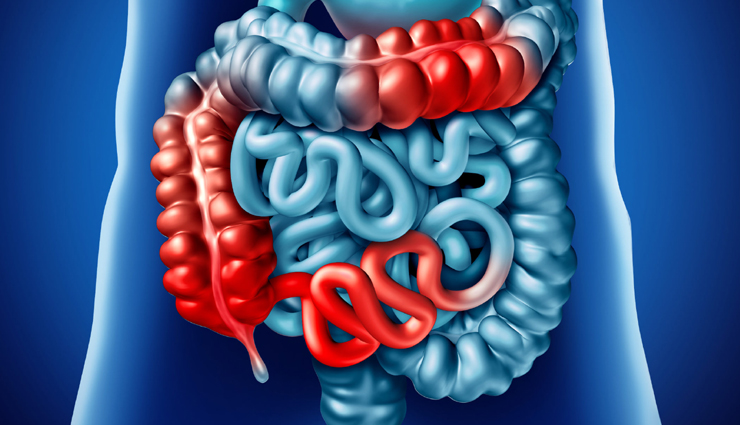
# Bowel Obstruction:
Bowel obstructions occur when an intestinal blockage prevents stool from passing through the stoma. Causes include certain foods, adhesions, or scar tissue within the bowel. Symptoms include severe abdominal pain, nausea, vomiting, and a swollen abdomen, necessitating immediate medical attention.
# Retracted Stoma:
A retracted stoma occurs when the stoma sinks below the skin level, making proper attachment of the ostomy bag challenging. Significant retraction may require surgical revision, prompting consultation with your doctor.
# Prolapsed Stoma:
Conversely, a prolapsed stoma involves the stoma protruding excessively from the abdominal wall, causing discomfort and difficulty managing the ostomy bag. Surgery may be recommended by your doctor to address this issue.

